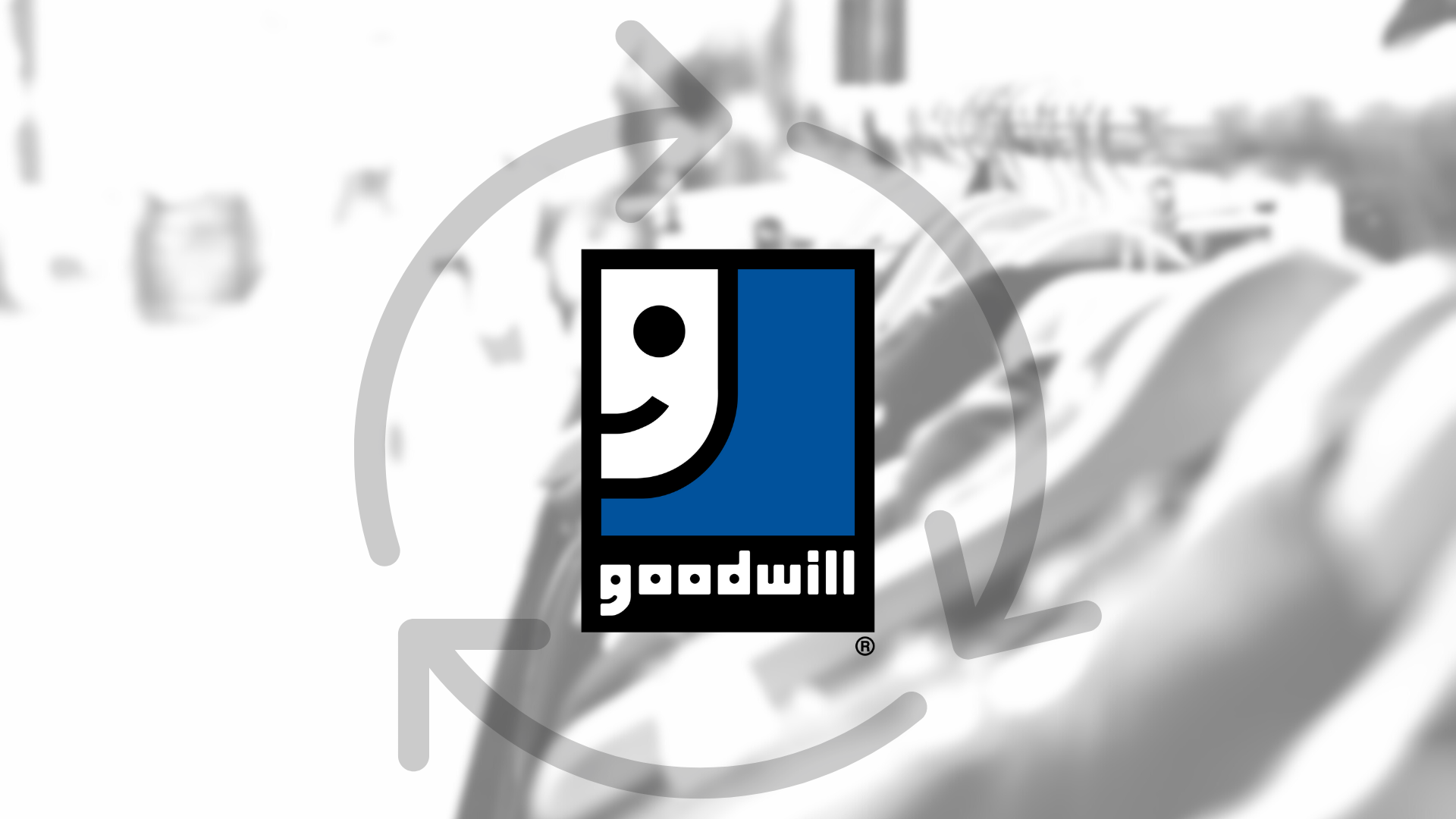East Tennessee State University MBA students Lance Brobeck, Katelynn Roberts, and Sarah Tuscano recently completed a sustainability project for Goodwill’s unused textiles as part of their program capstone. The project, supervised by RC Fellow Dr. William Heise, focused on how the nonprofit organization could use textile scrap from donations with the support of Eastman Chemical Company.
“Goodwill provides employment services to people in need, and in doing that we keep millions of pounds of items out of the landfill through our thrift stores,” said Morris Baker, president and chief energy officer at Goodwill Industries of the Tenneva Area. “This MBA team helped facilitate and study a project looking at how we can make our textile recyclables more sustainable. The work the team did helped lay the groundwork for future engagement with Eastman and our organization. There were challenges the team had along the way outside their control, as happens in business, but they continued to march forward and succeeded to provide a quality product which will assist our organization.”
When Goodwill intakes donations such as clothes, not all items are in good shape to be resold in the organization’s stores. This creates a need for the nonprofit to be sustainable with their practice and keep clothes out of landfills. The MBA students were tasked with finding practical solutions to this issue and looked to local and international agencies for potential solutions.
“The most rewarding part of the MBA program was the capstone project,” Tuscano said. “My team and I worked closely alongside Goodwill Industries and Eastman Chemical Company to learn about their sustainability goals. We created a relationship between the two companies and provided them with collaborative options to help obtain their goals. I am thankful to Dr. Heise for giving us a current business problem and allowing us to provide sustainable options to the companies.”
While finding solutions for the client, the MBA team looked at the process for recycling textiles, which includes sorting non-polyester from polyester items, treating textiles before shredding and granulating them into a product that Eastman could repurpose into their production. The team also inventoried the volume of Goodwill polyester products and sortation options to see which methods would be practical.
“I am very impressed with the detailed insights the MBA team provided,” said Megan Helton, market development manager for corporate innovation at Eastman Chemical Company. “The team carefully took into consideration the needs for both Eastman and Goodwill, and I believe they completed quality research on a very difficult topic. The report provided by this team should be a significant guide to future engagements between Eastman and Goodwill.”
While the MBA students and representatives from Goodwill and Eastman have not conclusively reached a solution to efficient, cost-effective sortation, the parties are excited about the potential collaboration between organizations. Eastman is also currently testing their textile sortation capabilities.

